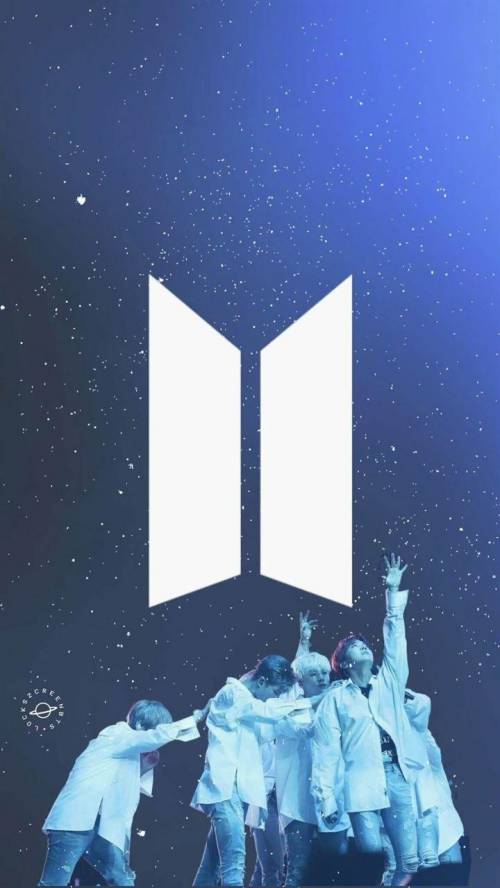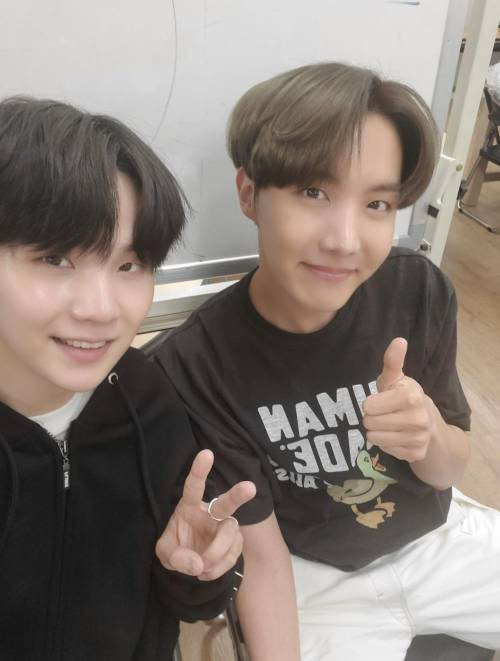

Answers: 3


Other questions on the subject: English

English, 21.06.2019 14:00, bluetigerbird2117
To improve your understanding of an informational text, the question you should ask yourself as you read is: do i agree with what the author says in this text? who assigned me to read this text? what details in the text are unclear to me? what other texts has this author written?
Answers: 1

English, 21.06.2019 20:10, Gabilop
Memories of a memory have you ever witnessed something amazing, shocking or surprising and found when describing the event that your story seems to change the more you tell it? have you ever experienced a time when you couldn't really describe something you saw in a way that others could understand? if so, you may understand why some experts think eyewitness testimony is unreliable as evidence in scientific inquiries and trials. new insights into human memory suggest human memories are really a mixture of many non-factual things. first, memory is vague. imagine your room at home or a classroom you see every day. most likely, you could describe the room very generally. you could name the color of the walls, the floors, the decorations. but the image you describe will never be as specific or detailed as if you were looking at the actual room. memory tends to save a blurry image of what we have seen rather than specific details. so when a witness tries to identify someone, her brain may recall that the person was tall, but not be able to say how tall when faced with several tall people. there are lots of different kinds of "tall." second, memory uses general knowledge to fill in gaps. our brains reconstruct events and scenes when we remember something. to do this, our brains use other memories and other stories when there are gaps. for example, one day at a library you go to quite frequently, you witness an argument between a library patron and one of the librarians. later, when telling a friend about the event, your brain may remember a familiar librarian behind the desk rather than the actual participant simply because it is recreating a familiar scene. in effect, your brain is combining memories to you tell the story. third, your memory changes over time. it also changes the more you retell the story. documented cases have shown eyewitnesses adding detail to testimony that could not have been known at the time of the event. research has also shown that the more a witness's account is told, the less accurate it is. you may have noticed this yourself. the next time you are retelling a story, notice what you add, or what your brain wants to add, to the account. you may also notice that you drop certain details from previous tellings of the story. with individual memories all jumbled up with each other, it is hard to believe we ever know anything to be true. did you really break your mother's favorite vase when you were three? was that really your father throwing rocks into the river with you when you were seven? the human brain may be quite remarkable indeed. when it comes to memory, however, we may want to start carrying video cameras if we want to record the true picture. part a and part b below contain one fill-in-the-blank to be used for all three question responses. your complete response must be in the format a, b, c including the letter choice, commas, and a space after the commas. part a: which of the following best explains why memories from childhood are unreliable? fill in blank 1 using a, b, or c. our brains add details and general knowledge to childhood memories. our brains are not as reliable as video cameras are. our brains create new stories to make the past more interesting. part b select one quotation from the text that supports your answer to part a. add your selection to blank 1 using e, f, or g. but the image you describe will never be as specific or detailed as if you were looking at the actual room. when a witness tries to identify someone, her brain may recall that the person was tall, but not be able to say how tall. to do this, our brains use other memories and other stories when there are gaps. select one quotation from the text that supports your answer to part a. add your selection to blank 1 using h, i, or j. documented cases have shown eyewitnesses adding detail to testimony that could not have been known at the time of the event. with individual memories all jumbled up with each other, it is hard to believe we ever know anything to be true. when it comes to memory, however, we may want to start carrying video cameras if we want to record the true picture answer for blank 1:
Answers: 2

English, 21.06.2019 22:20, iliketurtures
For frederick douglass’s address, “what to the slave is the fourth of july? ” (1852)1) does the speaker use fallacious reasoning or logical fallacies? use evidence from the text to support your answers. 2) how effective is the speaker’s response to counterclaims or alternate claims? use evidence from the text to support your answer
Answers: 2

English, 22.06.2019 07:50, Isaiahtate053
At first i was afraid to approach him—then the fear left me. he was sitting looking out over the city—he was dressed in the clothes of the gods. his age was neither young nor old—i could not tell his age. but there was wisdom in his face and great sadness. you could see that he would have not run away. he had sat at his window, watching his city die—then he himself had died. but it is better to lose one's life than one's spirit—and you could see from the face that his spirit had not been lost. i knew, that, if i touched him, he would fall into dust—and yet, there was something unconquered in the face. how does the conflict at the beginning of the paragraph move the plot forward? the narrator realizes that he is scared of the gods. the narrator realizes that he distrusts the spirits the narrator realizes that the god was a man. the narrator realizes that he is powerful like the gods.
Answers: 1
You know the right answer?
Are any of you guys ARMY, If so who is your Bias and do you want to be friends?
My bias is Yoongi
Questions in other subjects:



Mathematics, 21.10.2020 17:01












